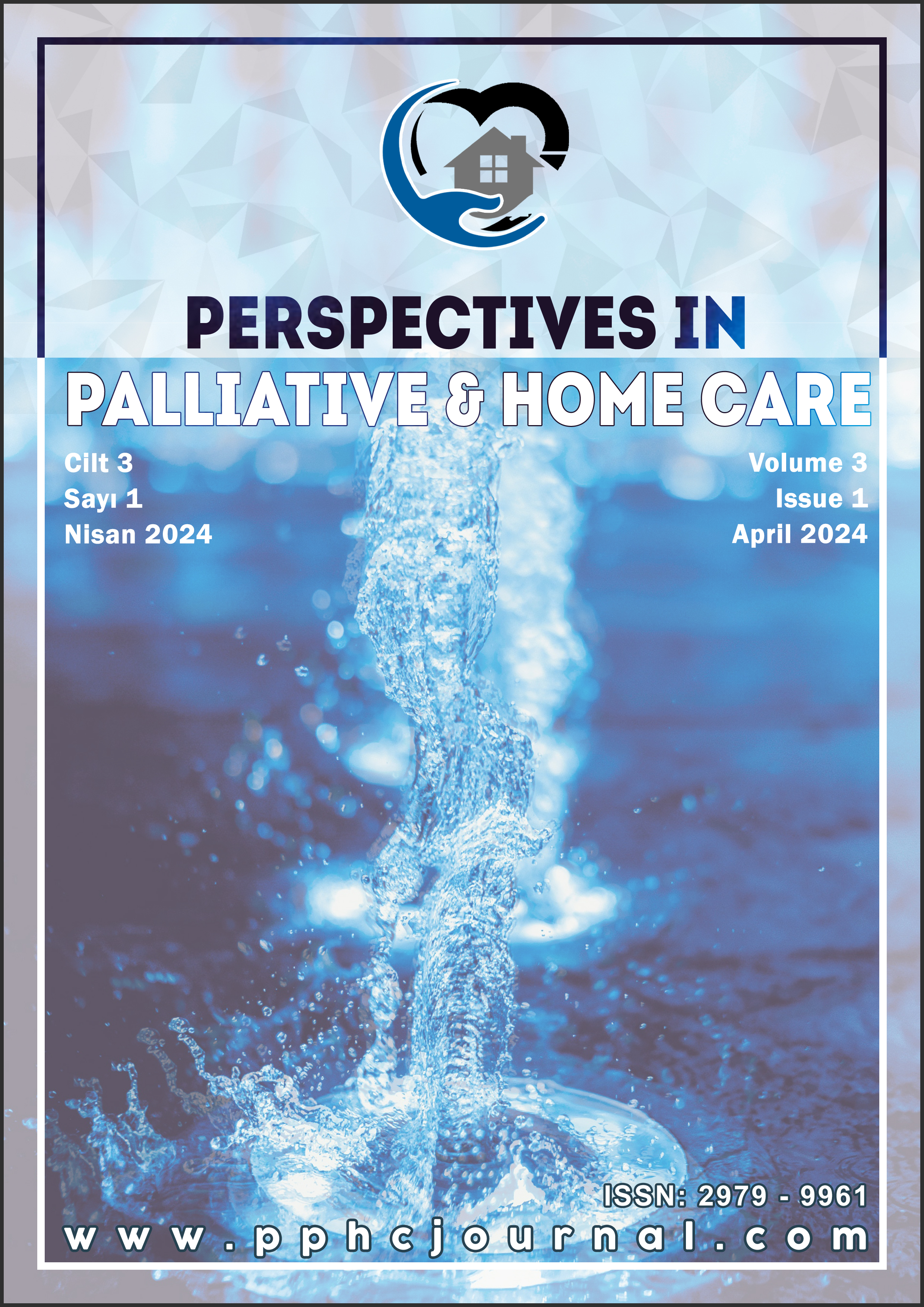Author :
Abstract
Giriş/Amaç: Genel olarak, pandemi durumları, sağlık hizmeti açısından yoğun ve acil müdahale gerektirmektedir. Bu durum da sağlık çalışanlarının fiziksel ve zihinsel sağlığını olumsuz yönde etkilemektedir. Bu araştırmanın amacı, COVID-19 servislerinde çalışan sağlık çalışanlarının merhamet yorgunluğunun belirlenmesidir.
Gereç ve Yöntem: Tanımlayıcı tipteki bu çalışma, COVID-19 servislerinde çalışan sağlık çalışanları (hemşireler, doktorlar) üzerinde yapılmıştır. Bu araştırma Fırat Üniversitesi Girişimsel Olmayan Araştırmalar Etik Kurulu tarafından onaylandı (2020/16-26). Araştırmanın örneklemi yapılan güç analizi sonucunda, 310 sağlık çalışanı olarak belirlenmiştir. İlgili sağlık çalışanlarının tümü, bu araştırmaya katılmadan önce yazılı ve sözlü bilgilendirilmiş onam vermiştir. Araştırmada tanımlayıcı istatistiklere ek olarak ANOVA ve Student t-test kullanıldı. Araştırmanın verileri yüz yüze görüşülerek, kişisel bilgi formu ve Merhamet Yorgunluğu-Kısa Ölçeği (MY-KÖ) kullanılarak toplanmıştır.
Bulgular: Araştırmaya katılan sağlık çalışanlarının yaş ortalamaları 29.79±6.73 olup, %71.6’sı (n=222) hemşirelerden ve %64.2’si (n=199) kadınlardan oluşmaktadır. Sağlık çalışanlarının ikincil travma puanı 24.50±10.45, mesleki tükenmişlik puanı 45.69±16.64 olup, toplam MY-KÖ ölçek puanı 70.19±25.13’tür. COVID-19’lu hastayla temas durumu, pandemi sürecinde psikolojik yardım alma durumu MY-KÖ ve alt grup boyutları arasında istatistiksel olarak anlamlı farklılık bulunmuştur.
Sonuç: COVID-19 hastalığı, sağlık çalışanlarının travma ve tükenmişlik gibi ruhsal belirtileri daha yoğunlukla göstermelerine neden olmaktadır. Özellikle pandemi dönemlerinde sağlık çalışanlarının başetme mekanizmalarının desteklenmesi, psikososyal sağlıklarını korumada etkili olacaktır.
Keywords
Abstract
Background/Objective: In general, pandemic conditions require intensive and urgent intervention in terms of health care. This also negatively affects the physical and mental health of health workers. The aim of this research is to identify the compassion fatigue of health workers working in COVID-19 services.
Methods: This descriptive study was conducted on health workers (nurses, physicians) working in COVID-19 services of. This research was approved by the Firat University's Non-Interventional Research Ethics Board (2020/16-26). As a result of the power analysis, the sampling quantity for health workers was identified as 310 in the study. All of the involved health workers gave written and oral informed consent before participating in this research. In addition to descriptive statistical methods, ANOVA and Student t-tests were used. Data from the study was collected using Personal Information Form and compassion fatigue-short scale (CF-short scale) through a face-to-face interview.
Results: The average age of the health workers involved in the study was 29.79±6.73, and 71.6% (n=222) were nurses and 64.2% (n=199) were women. The secondary trauma score of health workers is 24.50±10.45, occupational burnout score is 45.69±16.64 and total CF-short scale score is 70.19±25.13. The status of contact with the patient with COVID-19, the status of receiving psychological help during the pandemic was found to show statistically significant differences according to the CF-short scale scores, and the dimensions of the subgroup.
Conclusion: COVID-19 disease causes health workers to show more intense mental symptoms such as trauma and burnout. Supporting the coping mechanisms of health workers, especially during pandemic periods, will be effective in protecting their psychosocial health.
